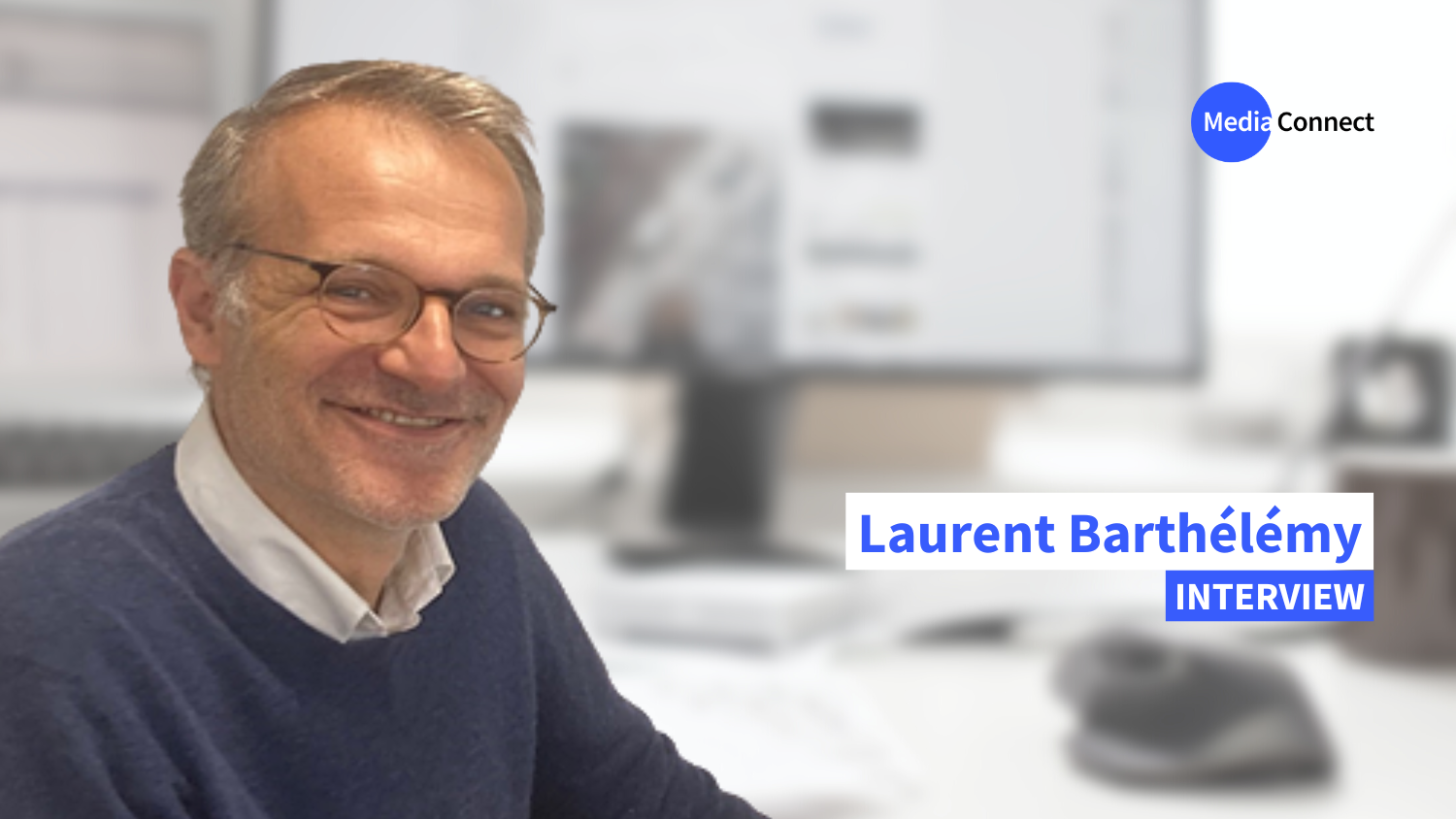What importance does handling sources hold for journalists?
Sources are fundamental to journalism. They constitute the raw material with which we, as journalists, work. If we have poor sources, then we have poor raw material, and therefore, we produce poor content. That's why they are absolutely crucial. I don't think there's a journalist who works without sources; it doesn't exist. A journalist, by definition, needs to seek information, to have people who will provide information.
The term 'source' is often associated with investigation, seeking confidential information, secrets... All of that is true, but in reality, we spend a lot of time trying to understand what is happening by using information that isn't hidden, which we try to decipher by engaging with people who can give us a view of what is unfolding.
How do journalists gather their sources?
AFP holds a central position in the media landscape. Communicators, therefore, have every interest in knowing AFP journalists, knowing who to send their press releases to... and consequently, they approach us. The difficulty lies in filtering. Out of all these contacts, very few will genuinely interest us. In the field I work in - digital media - professional events are another significant means of sourcing. Congresses, exhibitions, debates, or conventions gather many people and allow us to find contacts. We explain to potential sources what we're looking for so that they understand who we are and what we want.
Does a journalist necessarily need contacts, or can they work solely with written sources?
I happened to work in the United States as an independent journalist. I tried to work solely with online sources because I was interested in the field of energy where many resources are available online: reports, written documents, articles from other press outlets... But working solely from written sources is difficult. I realized the importance of human contact. Exchanging with another person allows us to understand many things revolving around factual information. That's why sources are fundamental and will remain so. Being a journalist isn't just about looking at Twitter; it's not possible. That's a personal perspective; some will tell you it's not true. Data journalism, for example, is essentially based on data exploitation and provides very interesting information. But I am convinced that ultimately, when seeking fundamental information, human-originated information is essential.
You mentioned Twitter. Do social networks play a role in information gathering?
Yes, of course. Social networks are extremely useful. As a tech journalist, I spend several hours on them, especially on Twitter. They provide us with a considerable amount of information. However, I always verify this information by exchanging with sources. If I don't validate them, if I perceive facts solely through Twitter, I know I'm at great risk. I consider them more like alerts.
Social networks are also a way to find sources: I might contact someone because they seem well-informed or expert on a subject and because they don't try to distort reality to serve their interests, displaying a certain level of intellectual honesty. Some of my contacts are from Twitter. I know journalists who use LinkedIn a lot as well. Always remaining vigilant about the authenticity of profiles. On Twitter, an account's certification usually indicates reliability. If the blue checkmark isn't there, I'm cautious; there might be a risk of identity theft.
How do you assess the reliability and quality of your sources?
The human aspect is crucial. We talk to our contacts by asking small questions and evaluating their responses. For instance, if they're trying too hard to 'sell' a topic to me, I become wary. I observe whether they genuinely accept to answer my questions or if they keep me at arm's length, providing only banalities. The duration also matters: if afterward, we realize that a contact had a wrong vision, made a mistake, or deliberately tried to mislead us, we'll remember it next time.
However, just because we know a source isn't reliable doesn't mean we won't call them. Because, despite everything, the direction in which they try to push us might provide us with information. Questioning them still teaches us things. But we know, above all, not to trust them.
Do you always cross-reference your sources?
I think we can't say we'll never cross-reference. It would be a mistake to completely trust someone always. Sometimes, our experience with a contact has shown that this person was reliable. So, I have a higher safety coefficient. But it could happen that this person is misinformed, makes a mistake, or has a bad perception of things. Hence the importance of cross-referencing sources.
As a tech journalist in the Digital/Culture department at AFP, what types are your main sources?
Some sources frequently come up because they are often in the news, such as major digital players, for instance, the GAFAM. Among the significant sources, we must mention certain big tech companies, tech investors, government and state representatives, NGOs, and technical experts, people who can decode what's happening. These 'popularizers' are particularly important for subjects like cybersecurity, quantum, artificial intelligence...
Major digital players seem to maintain a certain opacity in their communication. Do you confirm this impression, and have you encountered this?
Yes, some are opaque. But they have different ways of being opaque, and yet, they provide information. For some, sharing is deeply rooted in their corporate culture because they've always had this strategy of openness. Others will contact us when it concerns topics where they can have positive coverage. However, on more sensitive subjects, the work becomes more complicated.
But we must keep in mind that, of course, there are things they don't tell us. To collect this information, my tactic is to be straightforward and clear in my request. I ask questions as factually as possible, backing them up with facts, figures, observations... This is also the culture at AFP.
Interview conducted by Emma Alcaraz."

